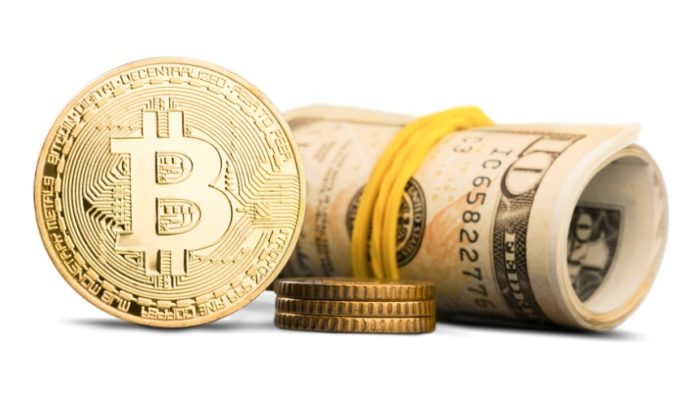Ready to switch up your investment game and unlock some major profits? Perhaps that’s what has led you here. On the other hand, you might be a first-time investor who has some friends promoting the age-old foreign exchange market and others cheering for the new-and-booming crypto world.
It can be hard to know where to begin with either market, but this article should help.
Crypto vs Forex
Major Similarities of Forex and Crypto

- You’ll need an account to get started and a stable internet connection to access the markets in real-time
- Markets are highly-active, with millions of transactions taking place every minute
- Prices are driven by supply and demand, rising and falling thousands of times per day
- Charting and data analysis is very similar, with traders able to do some technical analysis (though it’s much easier to do analysis for crypto). Candlesticks, indicators, and chart patterns work in the same way
- There are big profits to be made for those who invest in the right assets
- Market pairings are made between two assets, such as EUR/GBP, or BTC/ETH, so the actual trading format will feel familiar for both markets
- Trader behaviour is quite similar, for the most past. Forex day traders and crypto day traders buy and sell rapidly in a similar manner, looking to scalp small price rises and falls for profit
Major Differences of Forex and Crypto

- The first Forex market popped up in Amsterdam around 500 years ago, whereas the first crypto market was launched in 2010
- The sheer diversity of options is staggering. Forex has about 180 different currencies to trade, however, there are typically just 18 pairs that are used by Forex traders. There are as many as 20,000 cryptocurrencies in existence and how many trading pairs can be found is anybody’s guess! The most diverse cryptocurrency exchanges offer between 1,000 and 2,000 trading pairs
- Price rises and falls (volatility) in Forex are much smaller, whereas cryptocurrencies are known to rise over 100% in one day. Can you imagine if the US Dollar doubled in value in one day? It’s almost impossible
- The major currencies listed on the Forex market are highly liquid, however almost half of all crypto liquidity is in BTC, so Forex is far more liquid
- Forex is at least triple the size of the crypto market, though this is expected to change over the next few years, with many predicting that crypto will overtake its FX rival
- Currencies are all comparable since they all perform the same function. Cryptocurrencies are vastly different and perform a number of different functions that dramatically affects their fundamentals
- Forex trading is open 24/5 based on when different international markets open and close, whereas the crypto market is always open, 24/7. Crypto order books will always allow you to execute your trades as long as there is liquidity
- The Forex market is far more secure than crypto, with cryptocurrency exchanges being famously hacked for billions every year
- Long-term trader behaviour is different, with few FX traders opting to hold currencies long term. Some cryptocurrencies look better as long or mid-term investments, so people opt to hold them for longer
Our Verdict – Profit Potential

This is what you came for. Which is more profitable?
Well, it’s crypto. The simple answer is that where there’s more volatility, there’s more opportunity to profit. Unfortunately, that is a double-sided coin, as that same volatility is what can cause investors to lose all of their funds and end up back at square one.
What separates the two markets when it comes to profit potential is that Forex is more dependent on how much you put in, as you are likely to make smaller profit margins, but more frequently. A small investment in cryptocurrency can quickly double, triple, and keep growing, making it more democratic to those who don’t have a lot to start with.
Forex is a safer market, but not when it comes to long-term investments. In most cases, those who bank long-term on ‘safe’ cryptocurrencies will massively outperform those who try to hold foreign currencies instead of scalping (buying and selling rapidly) them.





































